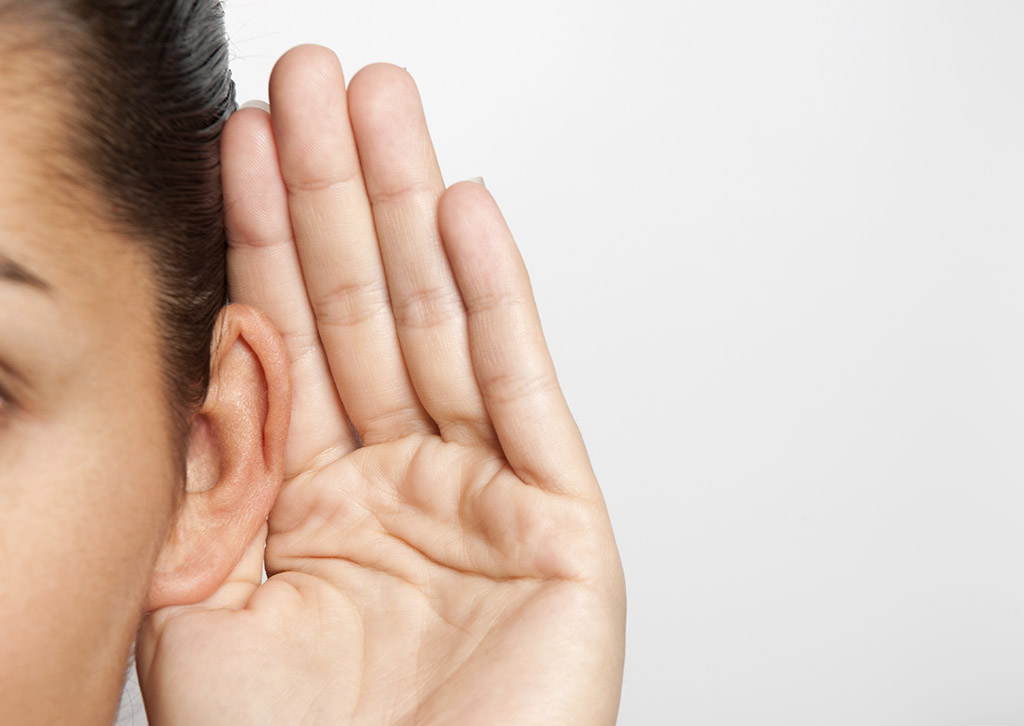
I was recently contacted by a customer who needed some technical support. After we got the issues fixed, he mentioned that he had Meniere’s disease. Among other symptoms, one of the major symptoms can be hearing loss, sometimes permanent. He told me that he has suffered relatively severe hearing loss in his left ear.
I have met several audiophiles who suffer from hearing loss for various reasons, and it’s always interesting to see how they continue their audiophile journey in spite of their hearing loss. In the case of this customer, he told me that his brain has been able to compensate for the hearing loss in one ear. Although the sound in his left ear is much lower and distorted, when listening to speakers, his brain is still able to compensate for the left ear and he can actually still listen critically and hear the subtleties of a given speaker system.
However, with headphones, it’s a different story. His left ear is so much lower, that with headphones, his brain is not able to compensate for the severe difference in sound.
He then told me that with Out Of Your Head, since it sounds like speakers in a room instead of headphones, it greatly improves the sound with headphones. Out Of Your Head allows him to listen critically with headphones, just like he does with speakers since he is listening to virtual “speakers” in a room with Out Of Your Head.
One other possibility, which is unique to Out Of Your Head, is that he can change the balance of the Out Of Your Head output to compensate for his hearing loss. In doing so, he can hear a room with speakers, BUT increase the audio level to only his left ear! With real speakers, you can’t just turn up the left speaker since that would make it louder for both the left and right ears. But with Out Of Your Head, he can just turn up the sound to his left ear and not the right ear. Essentially he can listen to speakers with compensation built-in for his left ear. This is simply not possible with real speakers.
The customer theorized that something about the sound of each speaker reaching both the left and right ears helps his brain compensate for his hearing loss in one ear. But with headphones, this does not happen. Only the sound from the left channel goes to the left ear and the same for the right. But with Out Of Your Head, you hear what you hear when listening to speakers, so some sound from the left speaker reaches the right ear and vice-versa. This gives him a much better listening experience using Out Of Your Head with headphones.
When I developed Out Of Your Head, I thought of a lot of possible applications for the software, but I never imagined it could help people with hearing loss. This customer telling me that Out Of Your Head gives him greater enjoyment of his music was so rewarding to hear. Whether this software succeeds or fails is no matter. If it has helped one person, that’s enough for me.

